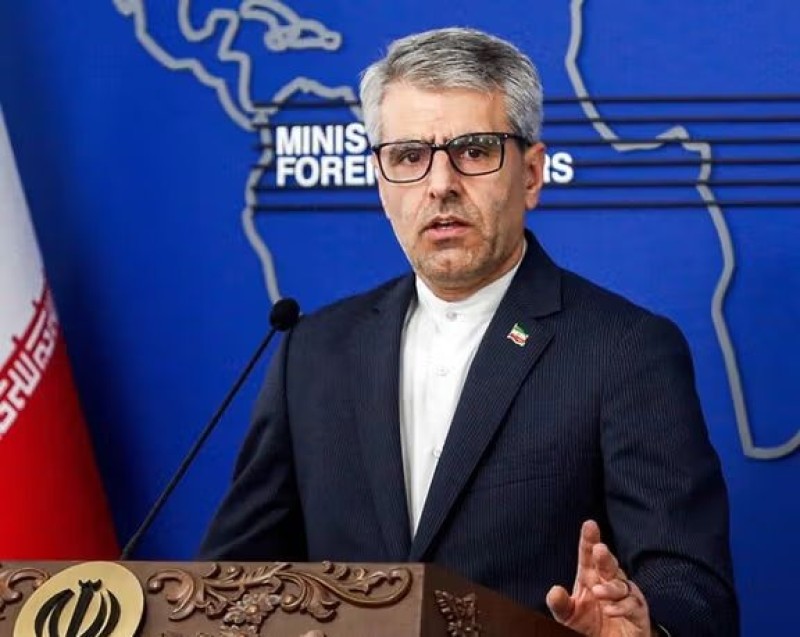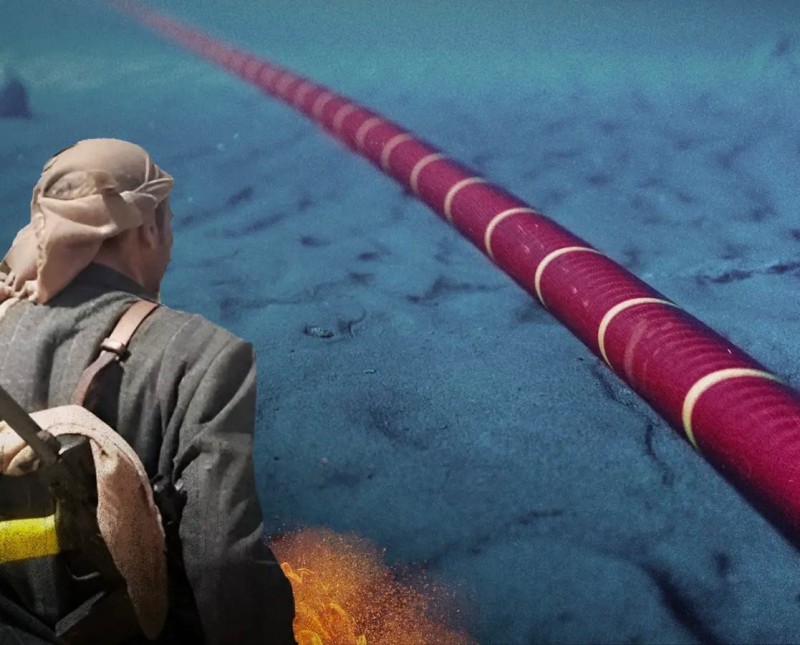Yemenis feeling isolated after 10-day internet blackout


For ten days, much of Yemen has been isolated from the rest of the world after two major undersea cables were cut leaving the country with limited internet connectivity.
Global Cloud Xchange, the company that runs the internet services to the country, announced that the off-shore cables serving the Red Sea region were severed on January 9.
“Initial findings indicate that probable cause was an anchor drag by a large merchant vessel in the immediate area,” the company said, adding that they have begun repairs but the timeframe to restore connection depended on acquiring the needed permits. It said the cables affected were the main links between Muscat in Oman and Suez in Egypt.
Much of the world’s internet connections rely on undersea cables that route traffic from inside a country to the rest of the world. If these cables are cut, access to data held outside of the country is impacted. While in most places there are multiple cables, the loss of one or more can slow or stop traffic as remaining networks become overloaded.
The cuts near Yemen had an impact on the internet connection in Saudi Arabia, Kuwait, Sudan, Ethiopia and elsewhere.
The Public Telecommunication Corporation and Yemen International Telecommunications (TeleYemen), based in the Houthi-held capital of Sanaa, announced that more than 80 per cent of the country’s international internet capacities was out of service.
TeleYemen has been able to restore some connections by routing the internet through Oman’s Omantel to their undersea hook-up, but the main lines are yet to be fixed.
In the meantime, banks, exchange shops, internet cafes and printing centres remain closed. Many of the country’s 28 million people have been unable to get online.
Gihan Abdulhakeem, 31, works as a manager at the Aden’s community Lana Radio-FM broadcaster.
“It is really frustrating, she told The National from the station’s headquarters in Khourmaksar where there is a near-total blackout. “We didn’t expect that one day we will not be able to operate because of the internet.”
Despite the ongoing war, Ms Abdulhakeem says they were able to broadcast without intermission.
“We started broadcasting just after the city was liberated of the Houthi militia in 2015, we didn’t face such problem despite the huge damage to the city and now after five years we found ourselves not able to carry on broadcasting our programs to the community who used to follow us online... this is disappointing,” she said.
On a recent morning in the Crater area of Aden, the busiest district of the southern Yemeni city, Nadeem Omar, a 36 year old IT engineer and designer, was sitting desperately in the front of his closed shop. He usually fixes computers and designs leaflets, flyers, invitation cards and edit local advertising, but without the internet, he can’t work.
“It has been more than nine days we can’t open due to the internet outage,” he told The National.
“I have lots of accumulating work and my customers started to lose trust in me because they think that I should do something to solve the internet problem but how can I do that,” he asked.
“I come to the place every day struggling to do something to please my customers but I do nothing because the internet doesn’t work at all, it is really killing me, I have children to look after and the landlord asks me to pay the rent of the place,” Mr Omar complained.
Ali Mohammed, 39, is an MA student in the Faculty of Arts at Aden University. With a handful of papers, he roamed the internet cafés in Khourmaksar city looking for somewhere with a functioning connection to work on his thesis which he has to submit to the department in a week’s time.
“I have lots of work to be achieved within a very short time, the thesis is due next week while I have to finish everything in it shortly,” he said. “I have been roaming the internet cafes every day but no use, the majority are closed and the open ones are serving PlayStation games for kids only,” Mr Mohammed said.
“Time is running out while I have to finish the thesis up, I am afraid if the internet outage continues then I will not be able to submit the last draft in time and that means I will lose my appointment,” Mr Mohammed added.

Sana’a – A leaked phone call between former Yemeni President Ali Abdullah Saleh and Hamas leader abroad Khaled Meshaal has revealed sha…

Tehran — Iranian Foreign Ministry spokesman Ismail Baghaei has voiced concern over the latest developments unfolding in Yemen, particularly i…

A new media report has revealed that Google is embarking on a major subsea cable initiative, dubbed Blue Raman, in a strategic move to establish a…